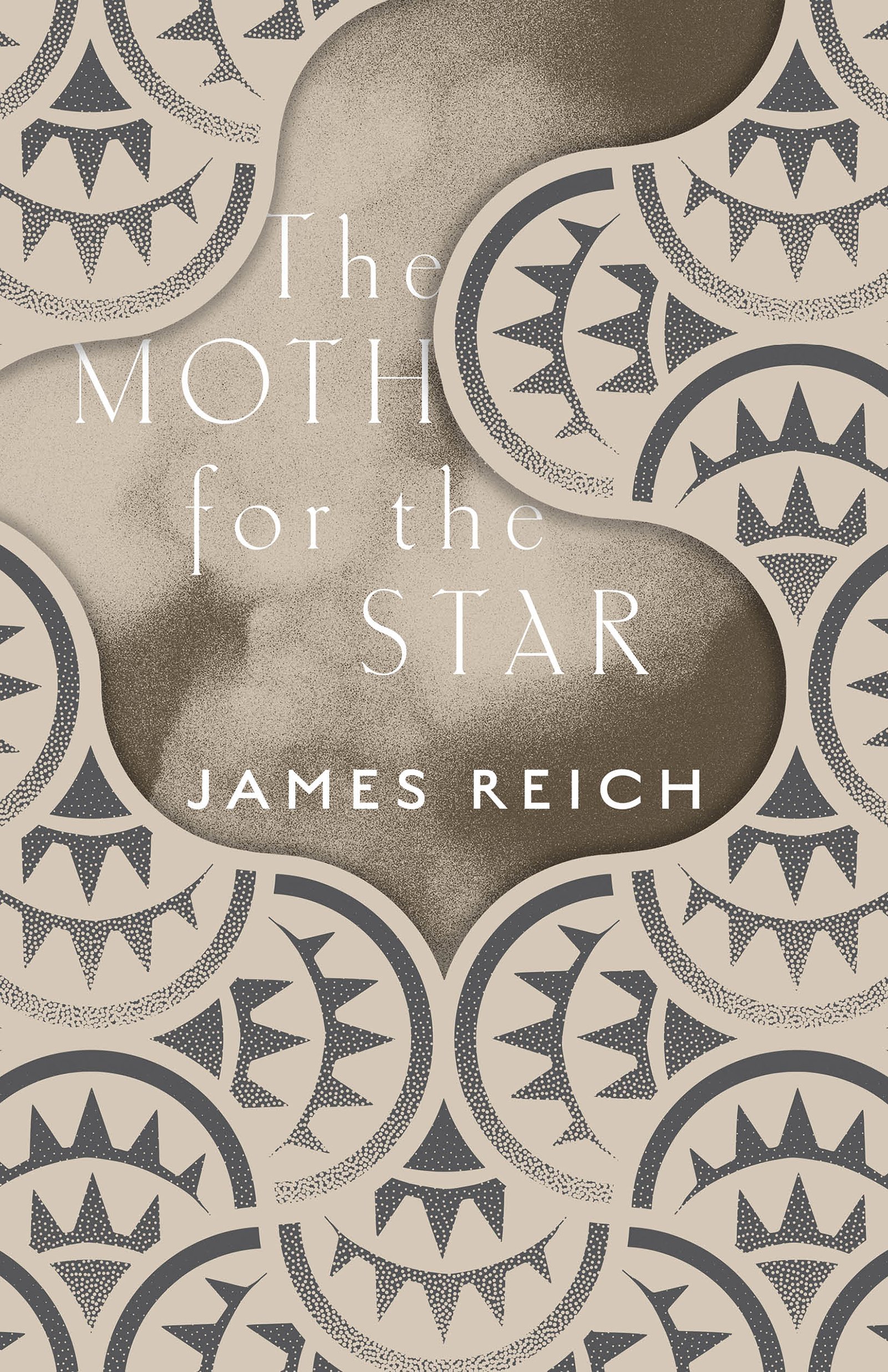5 HOT BOOKS: A Big New Ruth Bader Ginsburg Biography, Babe Ruth, and More
/1. Ruth Bader Ginsburg: A Life by Jane Sherron de Hart (Knopf)
This fall marks Ruth Bader Ginsburg’s 25th year on the Supreme Court, and with the Saturday Night Live impersonations, exercise guide, motley assortment of bespectacled black-robe-and-lace-collar figurines, and an upcoming biopic starring Felicity Jones, it’s clear that RBG is having a pop-culture moment. Now, political historian de Hart, a professor emerita at the University of California, Santa Barbara, adds some non-fiction heft by delivering a serious chronicle of Ginsburg’s life and career, and though written with the justice’s cooperation, it is hardly a hagiography. In this rigorous, comprehensive, deftly written biography, de Hart chronicles how Ginsburg suffered discrimination as a Jewish woman, fought for equal rights, and rose to the Court. There, she battled cancer and exerted influence through fierce, principled opinions — more than a few of them dissents — and though a workaholic, she lives a rich life with her family, opera, and her sharp, wry sense of humor.
2. Frederick Douglass: Prophet of Freedom by David W. Blight (Simon & Schuster)
In this stately and compelling biography, Blight captures the full arc of Fredrick Douglass’s life, from runaway slave to America’s great abolitionist and orator, in an historical arc that the Civil War, Reconstruction and the Gilded Age. Making use of newly discovered sources, Yale historian Blight highlights Douglass through his lifetime of reinventions, as he navigated complex family relationships, fought for civil rights, made alliances, and developed as a powerful, prophetic orator and political campaigner. “Douglass was the prose poet of America’s and perhaps of a universal body politic,” writes Blight. “He searched for the human soul, envisioned through slavery and freedom in all their meanings.”
3. American Dialogue: The Founding Fathers and Us by Joseph J. Ellis (Knopf)
“What would the Founders do?” is a tempting question in these vexed times, but eminent historian Ellis approaches it from an angle, regarding “history as an ongoing conversation between past and present” rather than a source of received wisdom. In the lucid, elegant style readers will recognize from his Pulitzer Prize-winning Founding Brothers: The Revolutionary Generation and National Book Award-winning American Sphinx: The Character of Thomas Jefferson, Ellis has set out to provide a “round-trip ticket to the late eighteenth century from our location in the second decade of the twenty-first.” He focuses on four Founding Fathers and a theme for each: Thomas Jefferson and racism, John Adams and economic inequality, George Washington and empire-building, and James Madison and original intent. In the compelling conclusion of this profoundly wise, original book, Ellis invokes the often-overlooked Gouverneur Morris, whose words “We the people” are a parallel truth with Jefferson’s words about individual rights, with a special resonance and reminder that “we rise or fall together, as a single people.”
4. The Big Fella: Babe Ruth and the World He Created by Jane Leavy (Harper)
Leavy, author of best-selling biographies of Sandy Koufax and Mickey Mantle, has turned her attention to Babe Ruth, the mischievous 7-year-old George who was sent to St. Mary’s Industrial School for Boys where he developed the baseball skills that led him to become a legend. Drawing on her reporting experience with the Washington Post, Leavy discovers new documents and immerses herself in the era that Ruth dominated, a time when it was first possible to package an athlete to become a profitable star. Leavy smartly zeroes in on the critical role of Christy Walsh, Ruth’s agent, who monetized the player’s success and organized his crowd-pleasing 1927 barnstorming tour, which Leavy dramatically re-creates in this marvelous biography.
5. The Lake on Fire by Rosellen Brown (Sarabande)
With themes evocative of Dreiser’s classic Sister Carrie, Brown’s glorious novel features a young Jewish woman fleeing her family’s deteriorating Wisconsin farm in pursuit of a new life in Chicago, the shimmering city on the lake, with her little brother in tow. Against the backdrop of the grand Columbian Exposition of 1893 and the Gilded Age, the Shaderowsky siblings arrive penniless, and in alternating chapters Brown charts their fate, as one works in a sweatshop and is drawn to the magnetic Jane Addams and her movement and the other survives as a pickpocket, but with adroit language skills finds rewards as an entertainer. With her first book in nearly two decades, the author of Before and After and Half a Heart has written a big, ambitious social novel that registers growing inequality, with fully realized characters, a marvelous sense of place, and a profound heart.










